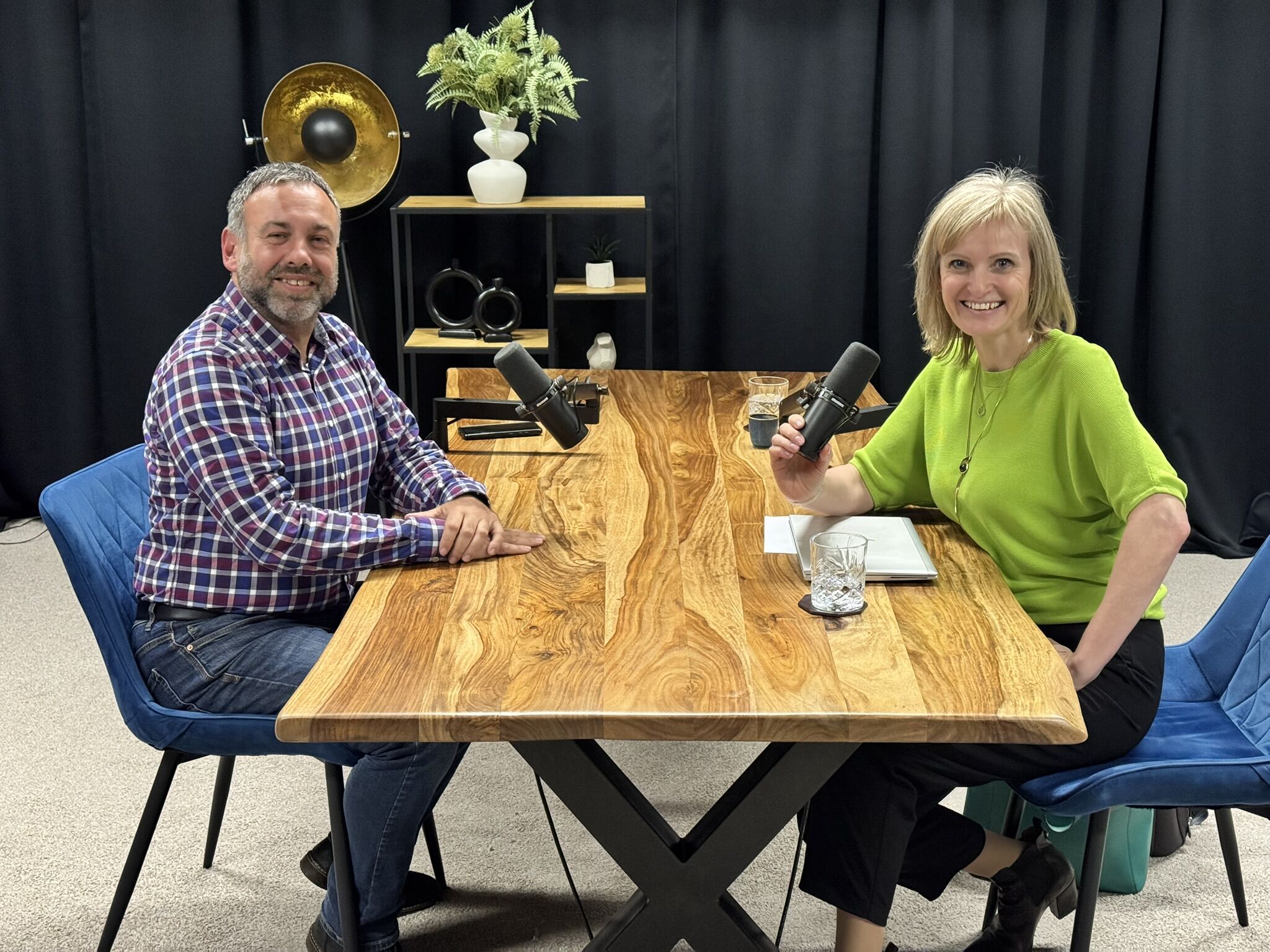The path to success is not through shortcuts. What role do people play in the success of the company?
Human development is often seen as an HR obligation or benefit for employees. But companies that have held on to the cutting edge for a long time see him differently: as a strategic investment with measurable impact on the business.
One of them is Lidl Czech Republicwhich has been purposefully linking development with corporate strategy for several years. Together with Filip Jičínský, CHRO & Executive Board Member of LIDL CZ, we thought about why it pays not to go the route of abbreviations and what it really means to develop that produces results.
A path without shortcuts
Filip Jičín has more than twenty years of experience in retail, logistics and HR, which he has collected in the Czech Republic, Germany and the UK. He has been with Lidl for 16 years and today leads the Human Resources area.
His approach to human development is based on a simple but fundamental idea: a firm's lasting success cannot be accelerated by shortcuts.
“In the short term, a shortcut can bring a sense of relief. But in the long run it will slow you down,” says Filip. “If we want the company to move forward, we need to develop people systematically and in accordance with where the company is heading.“
.jpg)
When development follows strategy
Development is not supposed to be a “nice program”, but part of the company's strategy.
At Lidl, therefore, development is directly tied to key business priorities - from digitalisation to customer experience to sustainability and operational efficiency. Each development step has a clear objective: helping people develop the skills a business needs for its future.
This also applies to managers who are not only participants in trainings, but change-bearers. It is their ability to give fair feedback, build trust, and lead teams with humanity that determines how quickly and profoundly change in the company will truly manifest itself.
An investment that returns
But how do you know that development is working?
Measuring the impact of development has become one of HR's most important tasks in recent years. And the reason is simple -- leadership needs to see that Investing in people brings concrete results.
“At Lidl, we monitor not only participation or satisfaction, but also how new skills translate into teams' performance,” describes Philip. “Development only makes sense if it is reflected in the reality of working with in how the manager leads, how the team collaborates, or how satisfied the customer is.“
This approach is also based on the principles on which Humancraft builds its programs: clearly define target behaviour, engage managers, measure impact and put knowledge into practice.
.jpg)
Partnering without losing speed
Lidl has a consciously lean L&D structure. They don't try to do everything internally. On the contrary, it combines internal expertise with external partners who bring insight and speed.
“An external partner should not brake, but sit with us in the car and help drive,” Philip says with a smile. And this is how cooperation with the humanities works - on the development that it has Real impact on business It moves people and the company further.
Without abbreviations, with impact
Development that is not linked to strategy easily becomes just a series of nice workouts.
But the development that is linked to the strategy becomes engine of change.
It helps companies grow — not because someone is accountable, but because people see the point, move themselves and their teams, and increase the performance of the entire organization.



.jpg)
.jpg)
.jpg)
